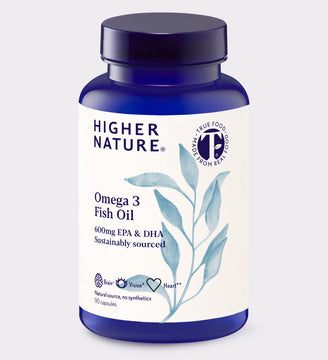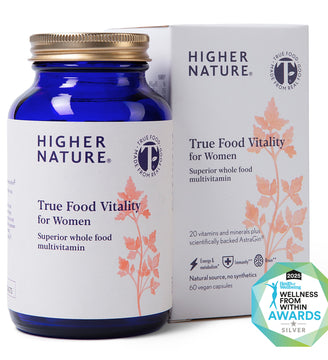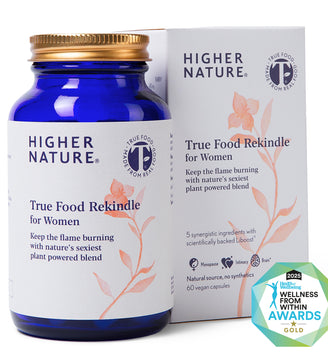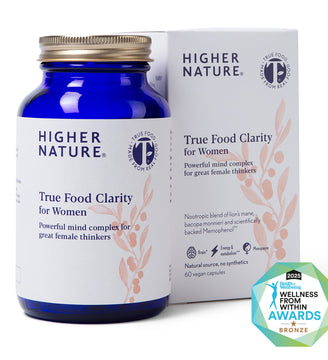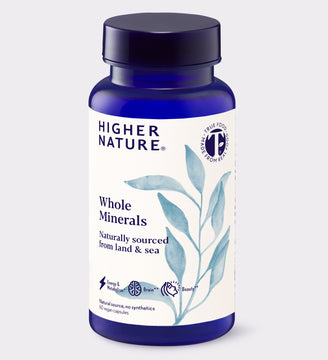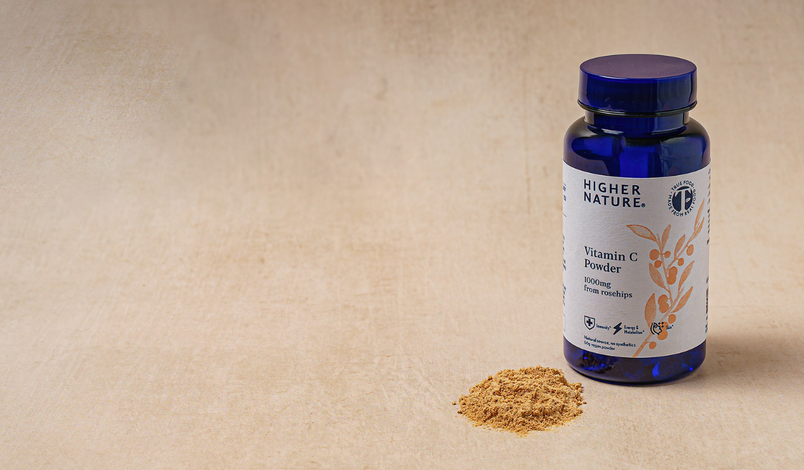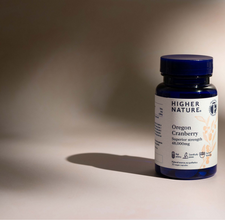
Kicking addictions: hard habit to break?
Higher Nature Nutrition Team
For many, the new year promised a fresh chance to commit to giving up that drink, cigarette, cup of coffee or sugary snack for good, but a few months down the line the strong resolve that buoyed the first weeks or months can start to flag.
Giving up something that we like doing is hard. Changes to the reward centres in the brain create cravings for the very substances we are trying to cut out which even the strongest of will powers can find hard to overrule. So how can you keep motivated once the going gets tough?
The biggest hurdle when giving up any stimulant is often the resulting drop in mood. Nicotine and alcohol create dependency partly due to their ability to raise levels of neurotransmitters in the brain responsible for making us feel good, including serotonin and dopamine. As these dip we are much more inclined to resort to stimulants, such as sugar or carbohydrates in a bid to boost them back up again. We can often find that when we try to give up alcohol we find ourselves reaching for a sugary snack instead in order to get the mood boost we are missing. To help avoid substituting one for another and to help keep your mood buoyant and your motivation high, consider supplementing 5HTP and/or tyrosine, which are the amino acid precursors to serotonin and dopamine. Zinc and B vitamins may also be helpful as these also play a crucial role in the delicate balance of brain chemistry.
Caffeine and sugar, whilst not setting up the same dependency as alcohol or nicotine, can also have a huge impact on our brain and how we feel. Each time we reach for a caffeine or sugar hit, we cause blood sugar levels to spike. At this point we feel great but not for long – as blood sugar levels drop, mood, energy and concentration can plummet with it and have us reaching for the next hit to compensate, and so begins another rollercoaster ride.
Good blood sugar control is key to ditching sugar, caffeine and alcohol from the diet, so work on this as a priority by focussing on what and when you eat. Small, more frequent meals which include some form of protein helps stabilise the rollercoaster effect, as do other low glycaemic index (GI) foods such as whole grains, vegetables, pulses, nuts and seeds which release their energy slowly.
Some people prefer to go ‘cold turkey’ and drop caffeine in one go. This is great if you can ride out the headaches and shakes that often accompany withdrawal and can scupper even the best of intentions. Instead, try dropping one of your daily caffeine drinks every few days until you have phased it out completely.
Arguably, it can be better to cut sugar from the diet in one fell swoop in order to more quickly balance blood sugar levels, but if this feels too daunting, start by gradually cutting down in the same way as caffeine. If cravings threaten to undo your good work, try adding a combination of chromium and cinnamon bark extract to support blood sugar control and cellular response to insulin, alongside glutamine which may help curb cravings.
It can be tempting when cutting out refined sugar to replace it with honey, dried fruits such as dates, or other sugar replacers but beware as they are still fast-releasing sugars with high GI which upset blood sugar control almost as much as sugar. A better alternative is xylitol - this sugar alcohol derived from birch trees has a very low GI as it is not digested and absorbed by the gut like sugar.
To help motivate you to keep up your new regime, focus on what you are gaining rather than losing. The benefits of cutting out sugar include a reduced risk of developing diabetes, cancer and cardiovascular disease as well as improved teeth, immune system and gut flora. Whilst moderating or cutting out alcohol not only supports your long-term liver function, it also improves blood pressure, reduces your risk of developing some cancers, supports fertility and allows for better quality sleep.
But aside from the science, you will probably find you have more energy, feel more vibrant, enjoy clearer skin and lose weight - true incentives indeed!


